Women enjoy the journey of pregnancy. The downside is that it can also bring about several uncomfortable and painful conditions. Among them, hemorrhoids are common, affecting up to 50% of pregnant women.
When pregnant, hemorrhoids can occur due to hormonal changes that cause your veins to relax. Don't be embarrassed to take preventive measures and seek treatment if needed. Remember, it's a common occurrence and nothing to be ashamed of!
This blog post will discuss the appearance, symptoms, causes, prevention, management, diagnosis, treatment, and postpartum care for hemorrhoids during pregnancy. Our final tips and suggestions will focus on working with a prenatal care provider and provide advice on how to manage hemorrhoids in late pregnancy.
Hemorrhoids During Pregnancy: 7 Causes
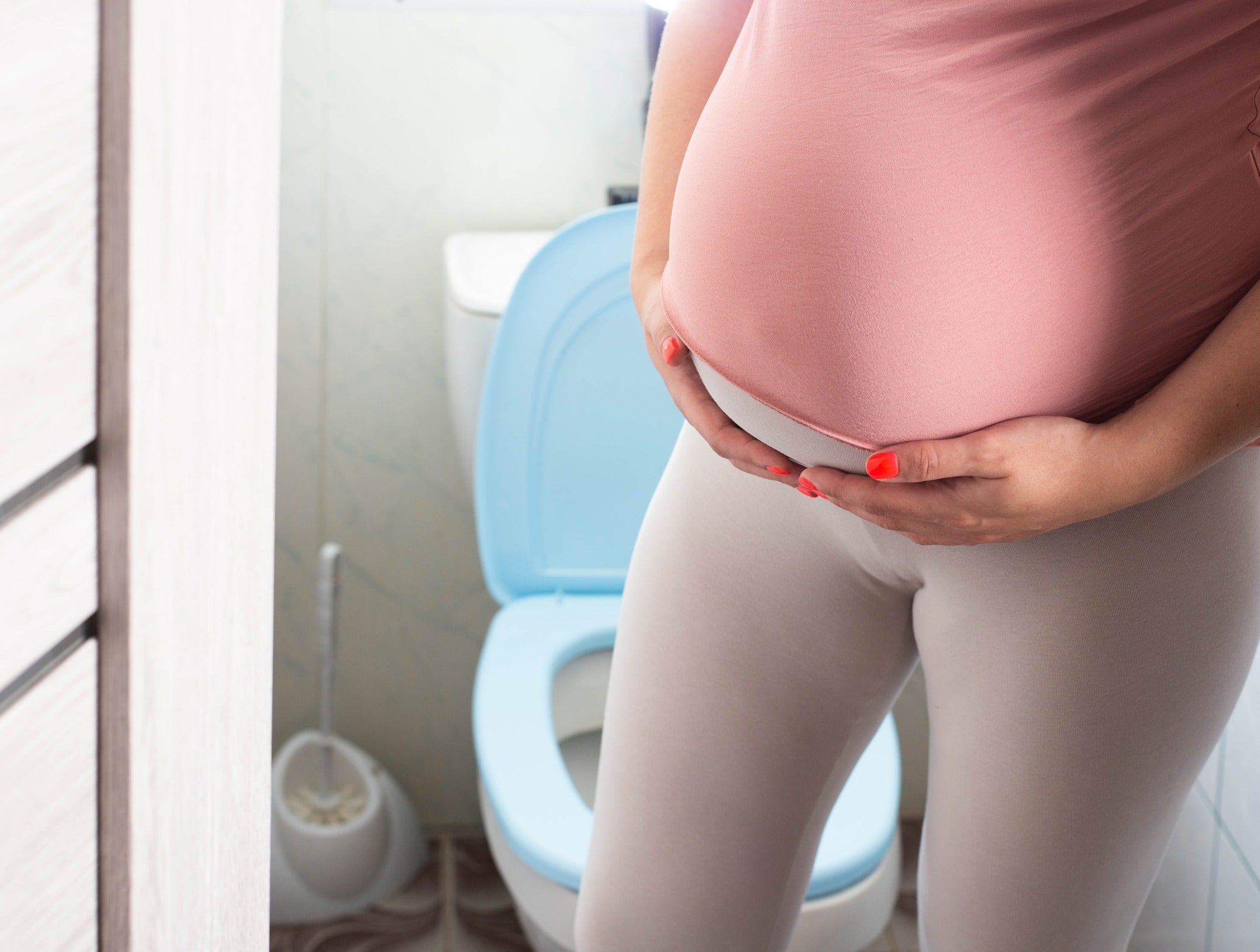
Besides hormonal changes and increased pelvic pressure, several factors can contribute to developing hemorrhoids during pregnancy. These include constipation, diarrhea, poor diet, lack of exercise, and genetics. In some cases, carrying multiple babies can increase the risk of developing hemorrhoids during pregnancy. Comprehensive knowledge of hemorrhoids requires an understanding of the timeline.
Pregnant women are at risk of hemorrhoids for various factors, such as:
Hormonal Changes
Hormonal fluctuations in pregnancy can result in heightened blood flow and weakened blood vessels, potentially leading to the onset of hemorrhoids.
- Increased Pressure on the Pelvic Area: As the uterus grows, it pressures the pelvic area. The veins responsible for transporting blood to and from the rectum and anus can become swollen due to increased pressure, leading to throbbing hemorrhoids. This condition may cause the appearance of hemorrhoids to look bluish in pregnancy. It can produce hemorrhoids that look bluish.
- Constipation: Constipation is a common problem during pregnancy and can worsen hemorrhoids. Anus and rectum veins can become swollen and inflamed if you strain during bowel movements.
- Diarrhea: Diarrhea can also cause hemorrhoids during pregnancy. Frequent bowel movements can irritate the rectum and anus, making hemorrhoid pain worse.
- Poor Diet: A high-processed food diet may result in constipation, increasing the likelihood of hemorrhoids during pregnancy. Opting for a nutritious, fiber-rich diet can aid in averting constipation and lowering the chances of hemorrhoid development.
- Lack of Exercise: Exercise can help prevent constipation and improve circulation, reducing hemorrhoids risk during pregnancy. Pregnant women should regularly engage in light exercises like walking or swimming.
- Genetics: Some people may be more prone to developing hemorrhoids due to genetic factors. If you have a family history of hemorrhoids, you may be more likely to develop them during pregnancy.
- Carrying Multiple Babies: Women carrying multiple babies are more likely to experience hemorrhoids during pregnancy. This is because the increased weight and pressure on the pelvic area can cause the anus and veins to become swollen and inflamed.
Hemorrhoids During Pregnancy: Diagnosis and Treatment
Hemorrhoids during pregnancy are a common and bothersome condition. Around 30% to 40% of pregnant women experience hemorrhoids. Fortunately, effective diagnosis and treatment are available to relieve symptoms and improve quality of life. Here is an explanation of how to deal with hemorrhoids during pregnancy:

Diagnosis of Hemorrhoids during Pregnancy
Diagnosing hemorrhoids during pregnancy is usually straightforward and involves a combination of physical examination and a review of symptoms. Here are some methods used for the diagnosis of hemorrhoids during pregnancy:
- Physical Exam: This is often the first step in diagnosing hemorrhoids during pregnancy. The healthcare provider will examine the anal area for any signs of swelling, inflammation, or irritation. They may also check for external hemorrhoids that can be seen or felt around the anus.
- Review of Symptoms: A review of symptoms is also an important part of diagnosing hemorrhoids during pregnancy. Patient symptoms, such as pain, itching, bleeding during bowel movements, and any other relevant medical history, will be discussed.
- Digital Rectal Exam: A healthcare provider sometimes conducts a digital rectal examination to screen for internal hemorrhoids. This procedure entails gently inserting a lubricated, gloved finger into the rectum to detect any indications of swelling or irritation.
- Anoscopy: Anoscopy is another diagnostic test that may be used to examine the anus and lower rectum for signs of hemorrhoids. This involves using a small, lighted tube called an anoscope to view the area.
- Colonoscopy: In rare cases, a colonoscopy may be necessary to diagnose hemorrhoids during pregnancy. This involves inserting a long, soft tube with a camera at the end into the rectum and colon to check for abnormalities or other underlying conditions causing hemorrhoids.
Medical Treatment for Hemorrhoids During Pregnancy
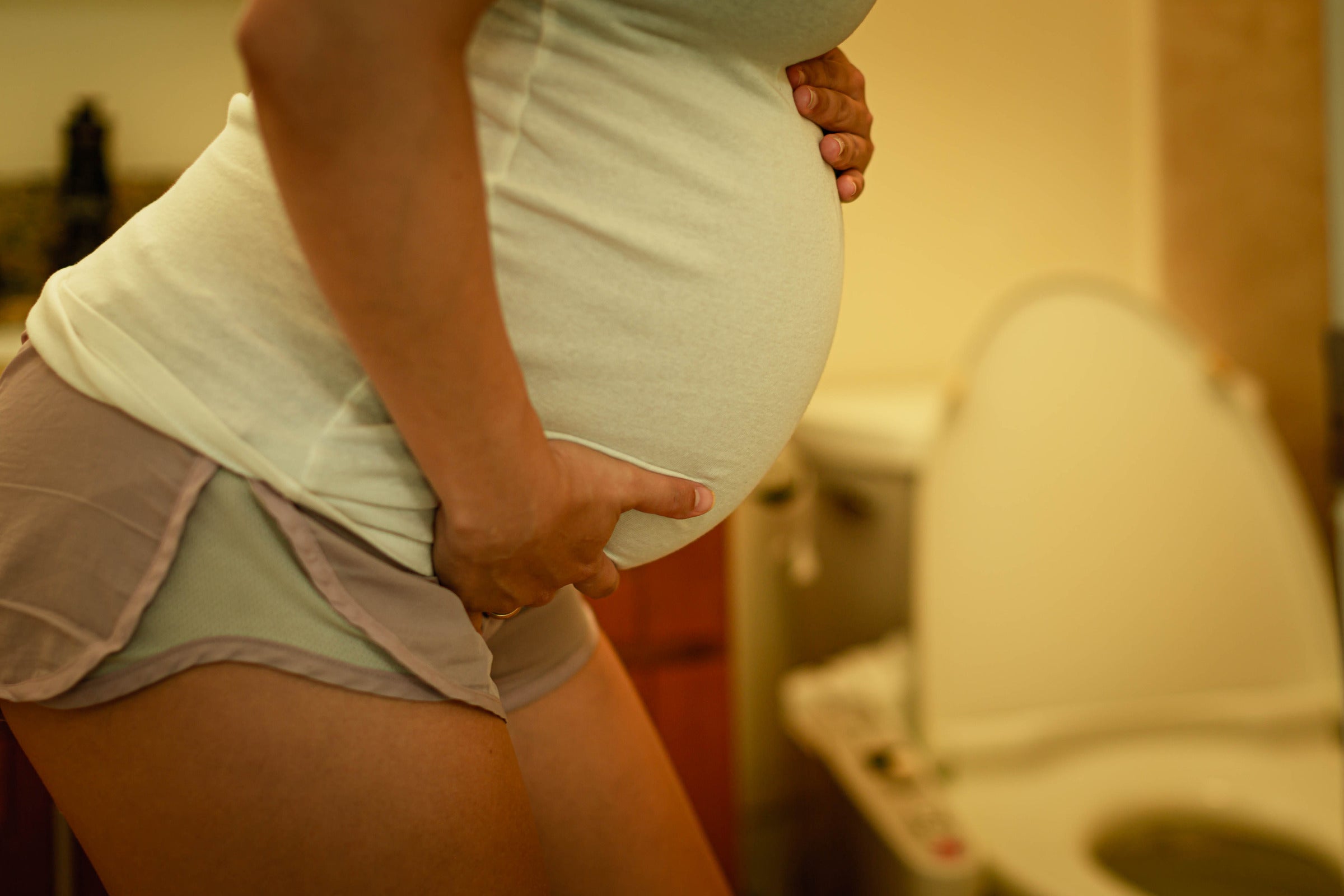
Hemorrhoids cause discomfort and pain, varying in size from as small as a bead to as large as a nickel during pregnancy. It can occur internally or externally around the rectum. Here are some optimal medical treatments for hemorrhoid relief during pregnancy:
- Topical Creams or Ointments: Over-the-counter topical creams or ointments that include witch hazel, hydrocortisone, and lidocaine are the best hemorrhoid creams for pregnancy that can significantly improve swelling and pain caused by hemorrhoids. Applied to affected area, as they can temporarily relieve discomfort. A pregnant woman can easily use a lidocaine numbing cream.
- Corticosteroid Suppositories: Corticosteroid suppositories are another medical treatment option for hemorrhoids during pregnancy. These suppositories are inserted into the rectum and contain a steroid medication that can help reduce inflammation and swelling during pregnancy.
- Stool Softeners: Stool softeners are medications that soften stool, easing passage during bowel movements. This can help reduce pressure on the rectal area and alleviate symptoms of hemorrhoids. Talking to a healthcare provider before taking any medication, including stool softeners, is important during pregnancy.
- Surgery: Rarely, surgery is necessary to treat severe or persistent hemorrhoids during pregnancy. Surgical options include hemorrhoidectomy, where the hemorrhoid is removed, or rubber band ligation, which cuts off the hemorrhoid’s blood supply, causing it to shrink and fall off. Post-surgery, ointment for pregnancy stitches can be applied to the affected area to aid in healing and relieve discomfort.
Pregnant women must talk to their healthcare provider before using any medication or undergoing medical procedures for hemorrhoids. In addition to medical treatment, maintaining good bowel habits and making lifestyle changes, such as drinking plenty of water and high-fiber diet, can help prevent and manage hemorrhoids during pregnancy.
Duration of Hemorrhoids During Pregnancy
Hemorrhoids during pregnancy can be a source of discomfort and pain for many women. While some women may find relief after delivery, others may continue to experience symptoms for some time.
Postpartum Care for Hemorrhoids
Postpartum hemorrhoids can be a painful condition affecting women recently giving birth. They are caused by the pressure on the pelvic floor and rectal area during labor and delivery.
Treatments for postpartum hemorrhoids range from over-the-counter remedies to prescription medications or procedures a healthcare provider performs. Seeking out postpartum care for hemorrhoids can help alleviate discomfort and get you back to feeling like yourself again.

Do Hemorrhoids Go Away After Pregnancy?
Hemorrhoids during pregnancy may not go away immediately after delivery. However, with proper management and care, they can gradually improve over time.
Tips for Postpartum Care of Hemorrhoids
Postpartum hemorrhoids can be painful and uncomfortable, but these tips can help with the postpartum care of hemorrhoids. Here are some important things to keep in mind:
- Sitz Baths: Taking sitz baths can help soothe the affected area and promote healing. Put warm water in a shallow tub and soak for 15-20 minutes several times daily.
- Ice Packs: Utilizing ice packs can alleviate swelling and pain. For relief, gently apply an ice pack to the affected area multiple times daily for 10-15 minutes.
- Avoiding Strenuous Activities or Heavy Lifting: Strenuous activities or heavy lifting can pressure the affected area and worsen symptoms. It's important to avoid these activities until symptoms have improved.
- Over-the-Counter Medications: OTC medications such as ointments, topical creams, or suppositories may help relieve symptoms. Talking to a doctor before taking any medication is important to ensure it's safe and effective.
During pregnancy, prioritize self-care with activities promoting physical and emotional well-being. Relax, eat well, stay active with safe exercises, and get regular check-ups - all vital for a healthy pregnancy. Taking care of yourself supports your growing baby.
Hemorrhoid In Late Pregnancy: Prevention Strategies
Hemorrhoids in late pregnancy can be uncomfortable. Here are some prevention strategies to help manage this common issue.
- High-Fiber Diet: Highlighting the importance of incorporating fiber-rich foods such as vegetables, whole grains, and fruits to prevent constipation, a primary factor contributing to hemorrhoids. It's recommended to avoid spicy foods.
- Hydration: Highlighting the role of drinking plenty of fluids in keeping stools soft and preventing constipation.
- Regular Exercise: Regular exercise can influence our risk of developing hemorrhoids by promoting optimal blood circulation and maintaining healthy pressure in the veins around the anus and rectum.
- Correct Toilet Habits: Encourage not to delay going to the toilet and avoid straining during bowel movements. Establishing healthy bowel habits involves regularity, avoiding delays or hasty rushes, and adhering to proper hygiene standards.
- Weight regulation: Maintaining weight gain within recommended limits to alleviate pressure on pelvic veins.
Conclusion
In conclusion, pregnancy hemorrhoids are a common yet solvable issue. With the right knowledge and proper care, preventing, managing, and treating hemorrhoids effectively is possible. We hope this blog post has provided you with valuable information on hemorrhoids during pregnancy.
Remember, maintaining a healthy lifestyle, proper bowel habits, and working with your prenatal care provider are essential for positive outcomes. By following our tips and suggestions, you can mitigate the pain and inconvenience of hemorrhoids while pregnant.

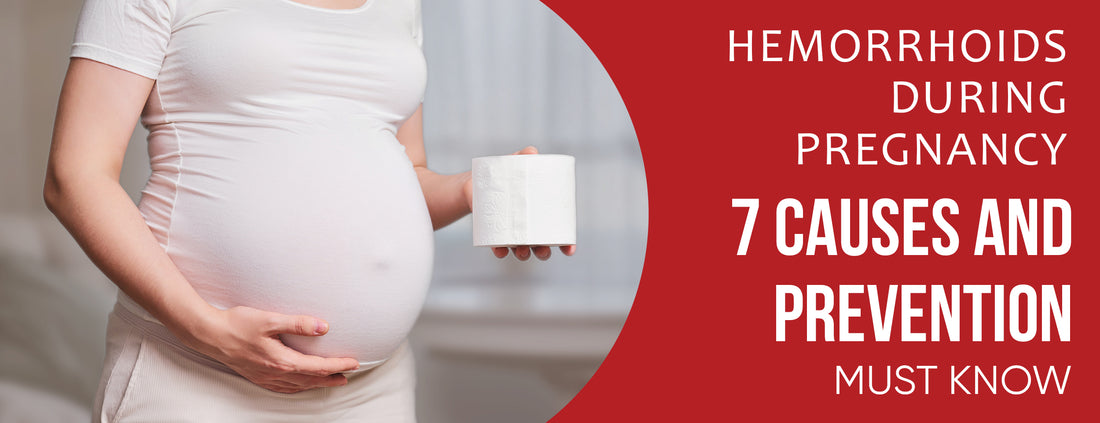
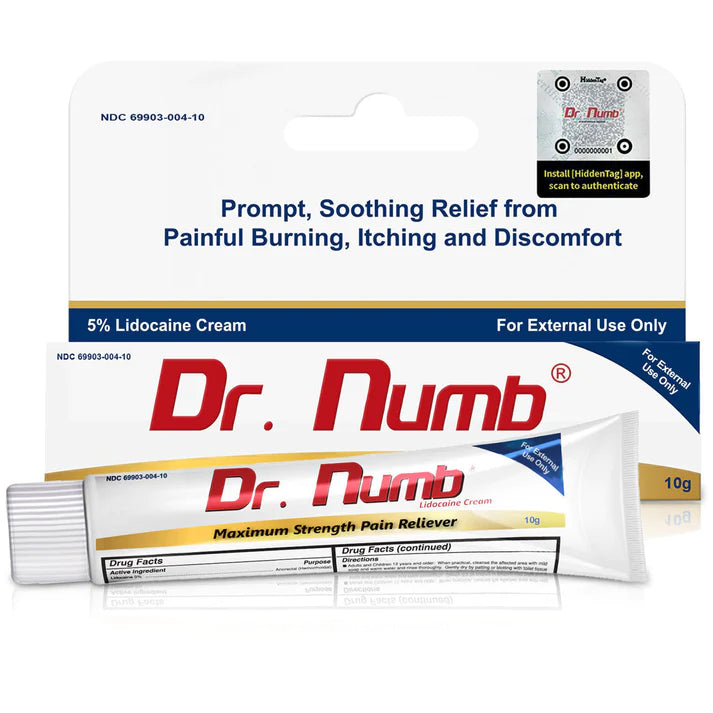




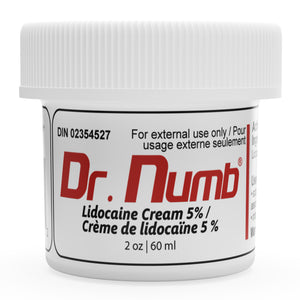
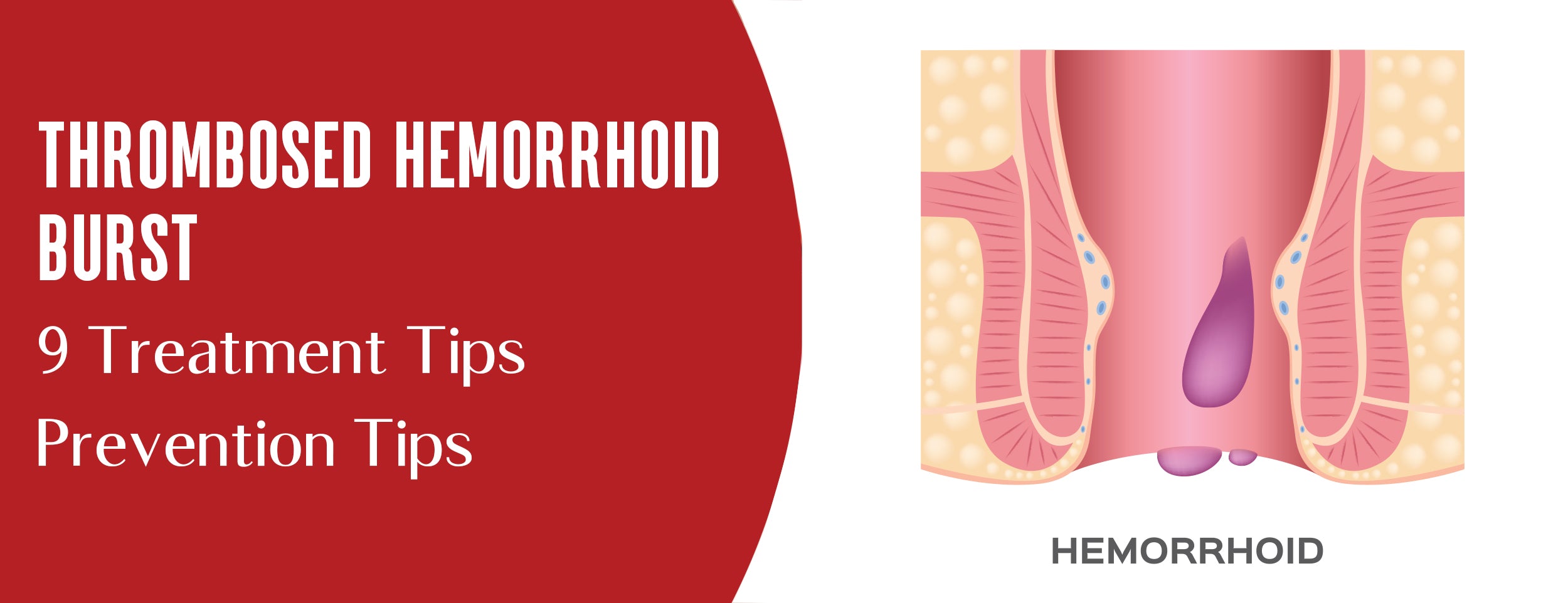
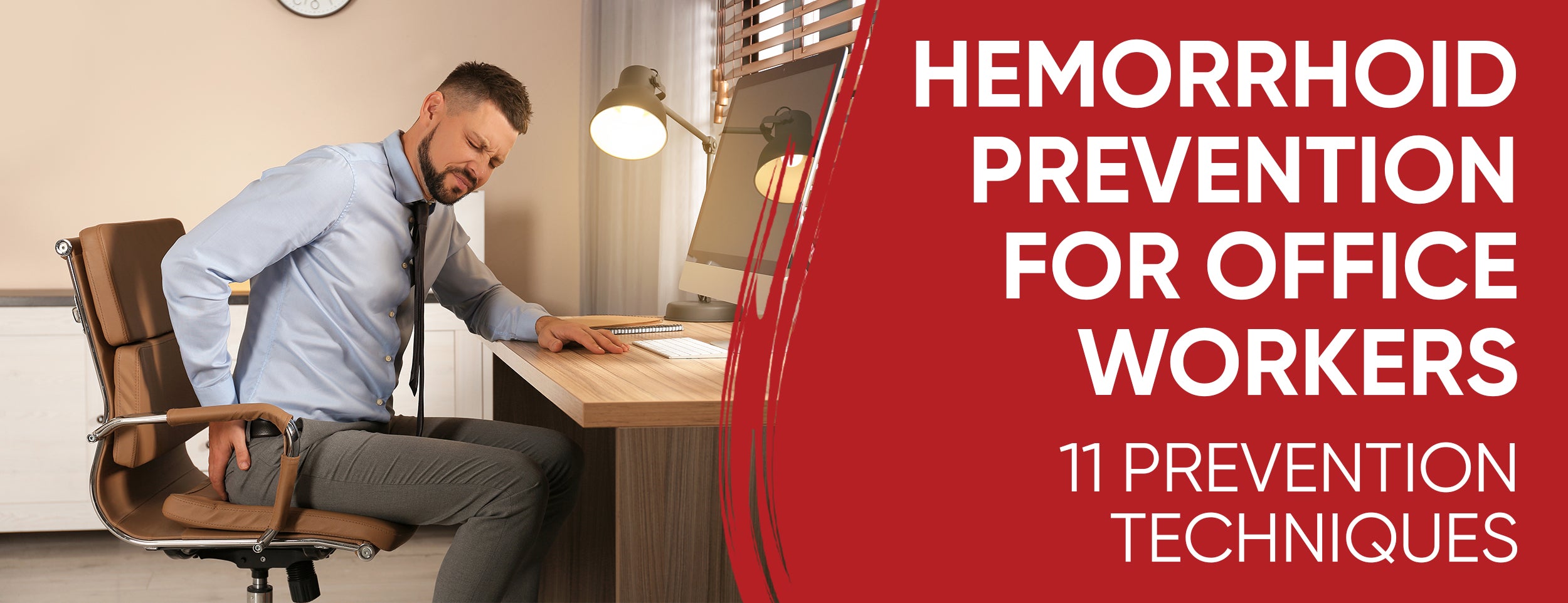
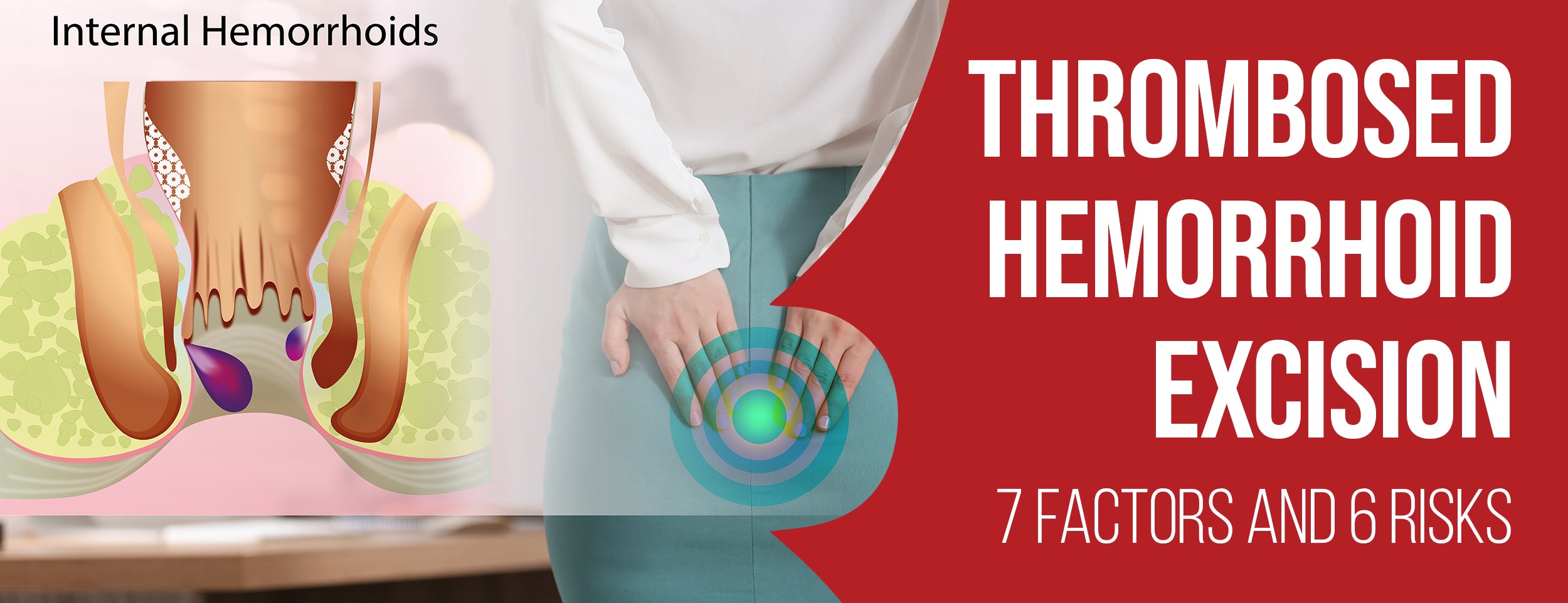
![Precautions & 6 Steps to Draining Thrombosed Hemorrhoids [DIY]](http://drnumb.ca/cdn/shop/articles/Draining_Thrombosed_Hemorrhoid_Yourself__6_Steps_8_DIY_Tips_With_Precautions.jpg?v=1713931775)

